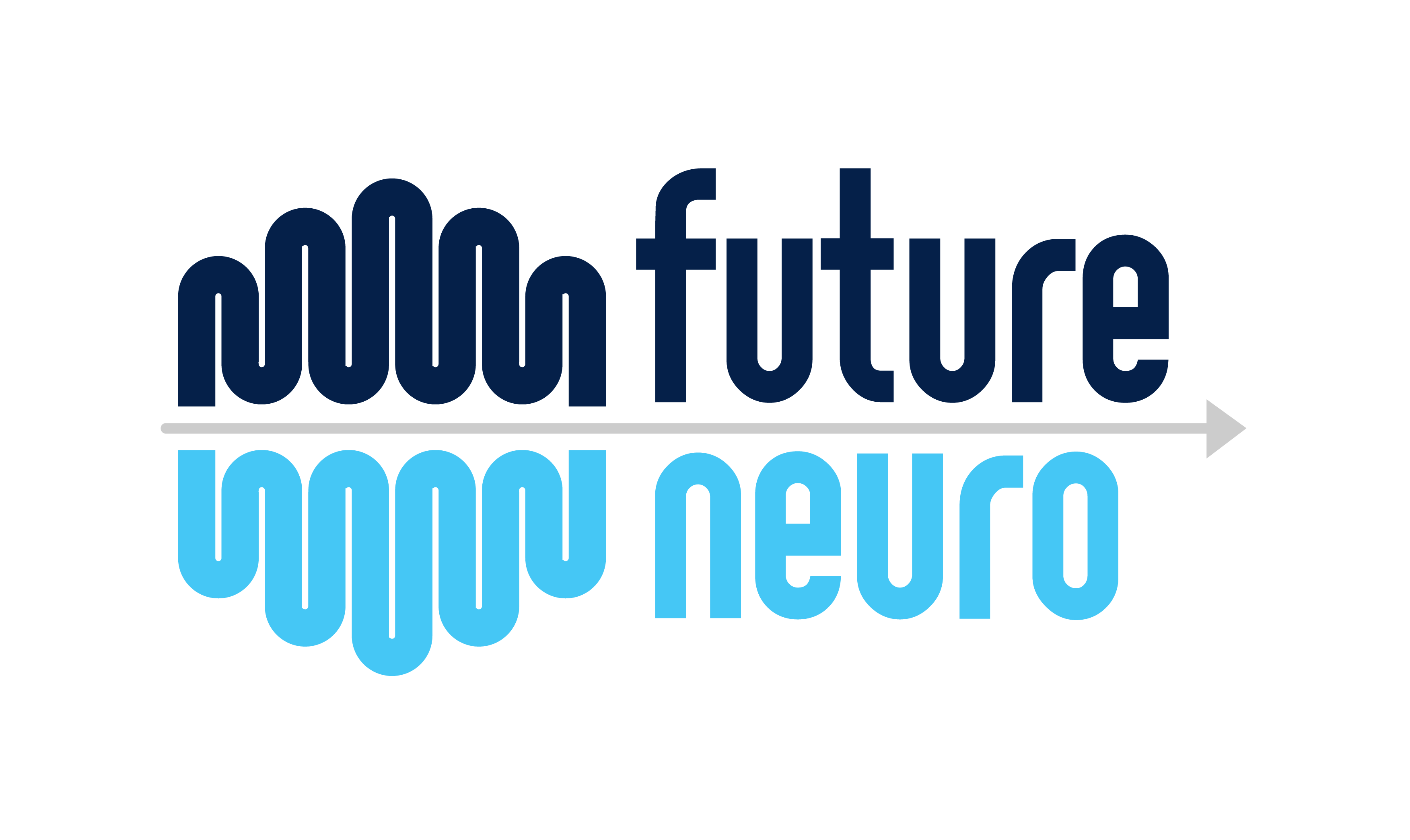David C. Henshall
https://doi.org/10.1016/j.ejpn.2019.06.002
Acquired and genetic forms of epilepsy are associated with dysregulation of gene expression within the brain. Identifying mechanisms controlling gene expression may provide novel opportunities for the development of disease-modifying therapies. Epigenetic processes influence the medium-to long-term readability and accessibility of the genome to transcription. The mediators include biochemical modifications to DNA and the histones around which DNA is wrapped, as well as non-coding RNAs. Here, the main epigenetic processes are briefly reviewed. Examples are provided of altered epigenetic processes and mutations in genes with epigenetic functions in experimental models and human epilepsy. The outcome of recent studies manipulating epigenetics to protect the brain or reduce seizures in preclinical models is considered, with specific focus on RNA therapies. Last, future applications of epigenetics research are appraised, including opportunities to map and change epigenetic marks and the prospects for therapies based on manipulation of epigenetics and noncoding RNAs. In summary, epigenetics and noncoding RNAs are important mechanisms and targets to modulate brain excitability which together provides novel insight into patho-mechanisms, biomarkers and novel therapies for epilepsy.

